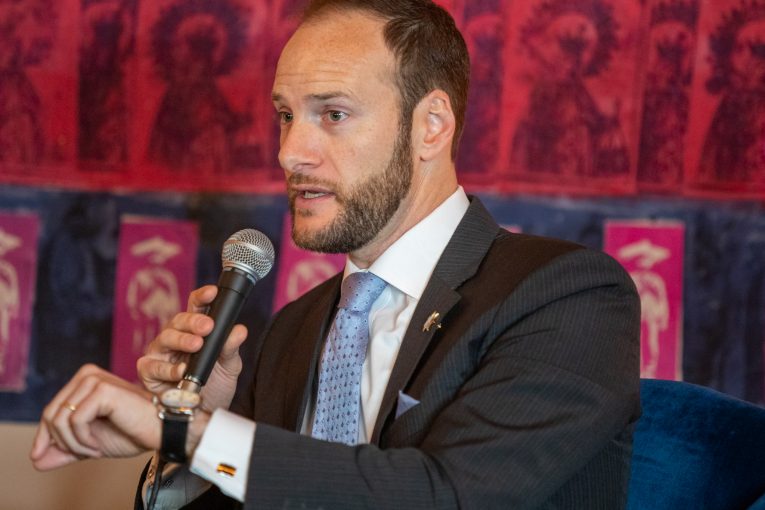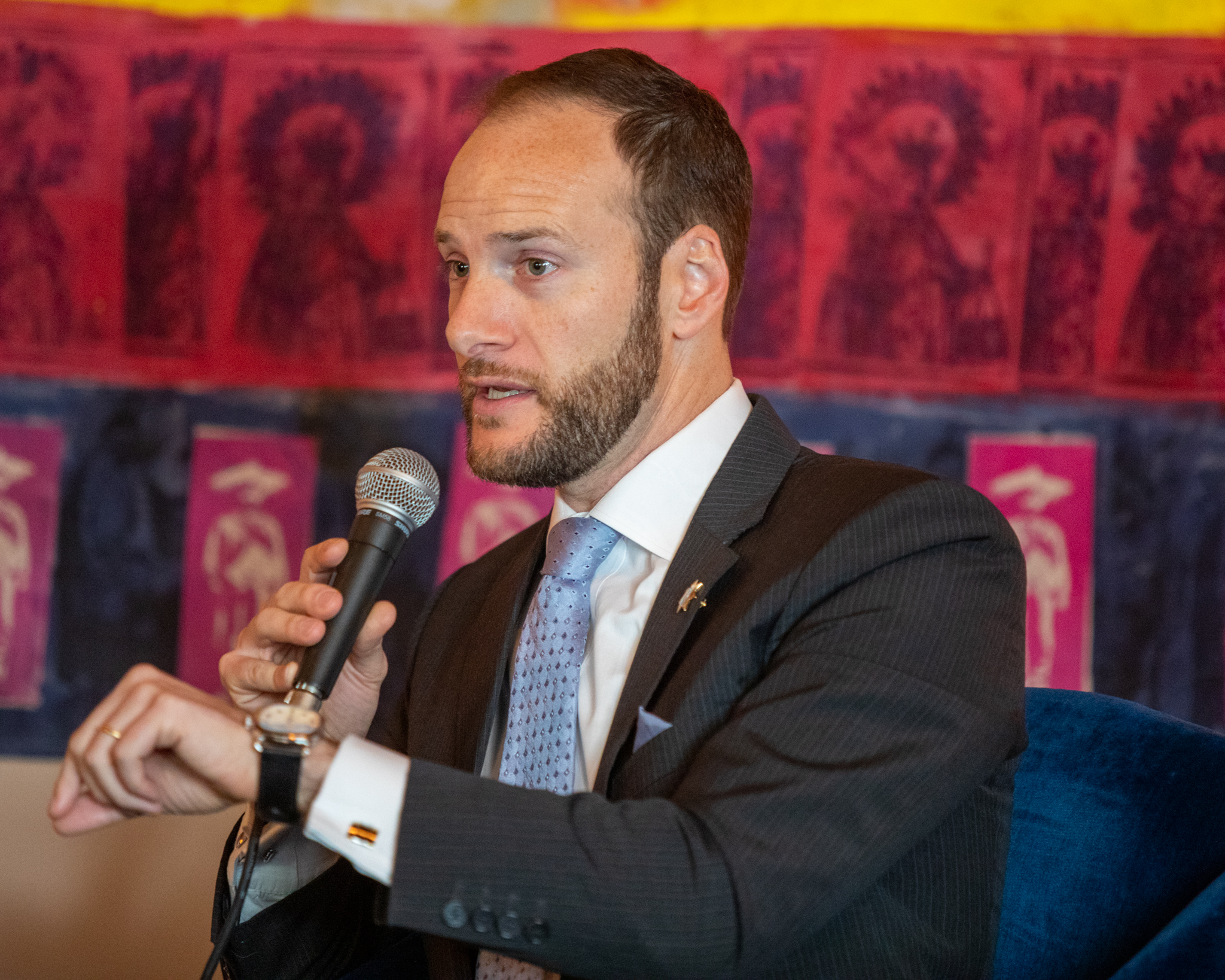

By Alana Bleimann
SAN FRANCISCO – San Francisco District Attorney Chesa Boudin and the founder of the Economic Crimes Against Workers Unit, Scott Stillman, joined listeners this week on Facebook live to discuss a new lawsuit against the homecare company, “Handy.”
Handy is a house cleaning and handyman nationwide company that seeks an easy and “reliable way to take care of your home,” according to its website.
In partnership with the Los Angeles District Attorney’s Office, the new lawsuit alleges “that Handy cannot meet the ABC Test [for employers to determine whether workers are employees or independent contractors] and misclassifies these workers; the action seeks as a remedy restitution for Handy workers throughout the state of California, it seeks a permanent halt to Handy illegally misclassifying the workers and it also seeks civil penalties.”
In response to working in partnership with Los Angeles DA George Gascón, Boudin stated that “we are stronger when we work with allies.”
Currently, Handy classifies their workers as independent contractors when actually, under state law, they are Handy’s employees.
This classification is illegal and an issue that “leaves those employees without crucial workplace benefits [such as] minimum wage and employment insurance,” according to DA Boudin.
Last year, DA Boudin launched the Economic Crimes Against Workers Unit with Stillman in order to address legal protections which are in place but that are not followed in the state of California such as “workplace safety issues…that lead to death.
“The implications for public safety are really vast,” Boudin claimed.
“Workers can often feel powerless when dealing with large employers engaged in the practice of misclassifying the people who work for them, a process that cheats employees out of benefits, healthcare and workplace safety protections,” Gascón said.
“By failing to provide healthcare, particularly during a pandemic, these companies not only have an advantage over companies that follow the law, but also are passing their health care costs on to all of us as taxpayers.”
In addition, Stillman stated that this unit is part of the white collar crime unit and it has the ability to prosecute crimes such as labor trafficking, but can also bring civil enforcement actions to address labor laws.
The lawsuit works to show that Handy cannot meet the ABC burden, which includes that the workers must provide work outside the company’s usual business.
In fact, the workers performing handyman services are doing “what’s at the heart of Handy’s business, according to DA Boudin, thus they cannot meet the prong of the ABC Test.
The test also states that workers must be “free of direction and control from the company,” but the company does this anyway by tracking their workers with an app on all employee phones.
In addition, Handy states that a booking of a cleaning must be at least three hours long, but oftentimes workers may show up to the home and find that the job doesn’t need to be three hours.
Handy will fine that worker if they leave the home early or if they show up late to the booking.
DA Boudin elaborated on the distinction between being an employee versus an independent contractor, with certain things like minimum wage and paid leave that are rights guaranteed to employees.
Independent contractors “do not enjoy any of those benefits” and do not get the same access to anti-harassment and anti-discrimination laws. “These are workers who are out there going to homes by themselves and very vulnerable to…harassment,” DA Boudin stated.
According to Stillman, women of color are the most vulnerable population of home-care workers and are often the ones harmed the most.
Misclassification harms individual employees, other businesses that are following the law and are now at a disadvantage, and the general public because companies that do not classify do not pay payroll taxes.
“We lose out on those tax revenues,” DA Boudin said.
Especially in the time of the COVID-19 pandemic, money and essential workers are viewed differently.
“Society has placed this label upon many workers that are essential,” Stillman said, adding “it was thrust upon them…they had to go out there and continue to provide services.”
Domestic workers are seen going inside people’s homes and putting their own health at risk and “a company like Handy is not providing the healthcare protection…that they are lawfully entitled to. It has had a real impact and a continuing ongoing one,” Stillman finished.
So far, the response to the filing has received positive feedback from organizations such as the California Domestic Workers Coalition and Mujeres Unidas y Activas (MUA).
According to Stillman, the next steps are moving forward with litigation, but Boudin hopes that Handy “takes responsibility for harm that they have caused.”
 Alana Bleimann is a junior at the University of San Francisco, majoring in Sociology with a minor in Criminal Justice Studies. She is from Raleigh, North Carolina.
Alana Bleimann is a junior at the University of San Francisco, majoring in Sociology with a minor in Criminal Justice Studies. She is from Raleigh, North Carolina.
To sign up for our new newsletter – Everyday Injustice – https://tinyurl.com/yyultcf9
Support our work – to become a sustaining at $5 – $10- $25 per month hit the link:
